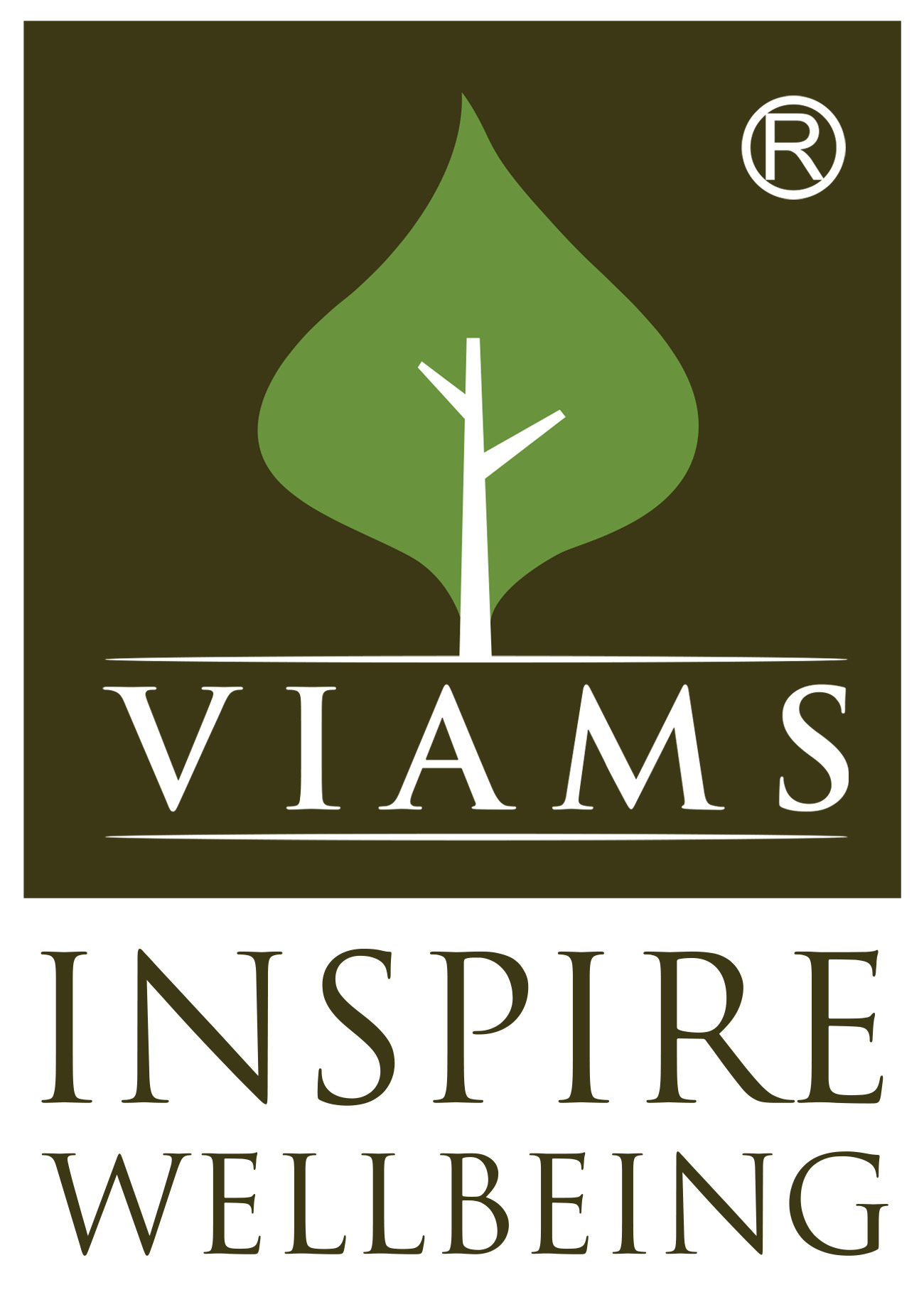Marchiafava Bignami Syndrome
Marchiafava-Bignami Syndrome (MBS) is a rare neurological disorder that is primarily associated with chronic alcohol consumption, although it may also occur in non-alcoholic individuals. The disease is characterized by the degeneration of the corpus callosum, the part of the brain that connects the two cerebral hemispheres, leading to a wide range of neurological and psychiatric symptoms. These include cognitive impairment, motor dysfunction, seizures, and even coma in severe cases.
Modern treatments focus on managing symptoms and include intravenous administration of vitamins (particularly thiamine), medications to control seizures, and supportive care. Early diagnosis and intervention can help improve outcomes, but in advanced cases, the prognosis can be poor.
Ayurvedic Concept of Marchiafava-Bignami Syndrome (MBS)
In Ayurveda, Marchiafava-Bignami Syndrome can be understood as a Vata-Kapha disorder, where the impairment of the nervous system is linked to the imbalance of Vata Dosha and the accumulation of Ama (toxins) due to poor digestion and lifestyle choices. The brain’s degeneration and loss of function can be compared to the disturbance in Majja Dhatu (the tissue responsible for the nervous system and bone marrow). The chronic consumption of alcohol, a known aggravator of Vata and Pitta Doshas, further disrupts the body’s balance, leading to degeneration of the brain tissues.
Ayurvedic treatment focuses on balancing Vata and Kapha, detoxifying the system, nourishing the brain, and restoring proper function through therapies, herbal formulations, and lifestyle modifications.
Signs and Symptoms of Marchiafava-Bignami Syndrome
- Cognitive impairment, including confusion, memory loss, and disorientation.
- Motor dysfunction, such as difficulty walking, tremors, and poor coordination.
- Seizures and loss of consciousness.
- Speech difficulties.
- Psychiatric symptoms such as depression, aggression, or mood swings.
- Coma in severe cases.
Pathogenesis in Ayurveda
From an Ayurvedic perspective, the pathogenesis of MBS involves the imbalance of Vata Dosha affecting the Majja Dhatu and the accumulation of Ama due to improper digestion (Agni). The prolonged intake of toxins (such as alcohol) further exacerbates this imbalance, leading to the degeneration of the corpus callosum and subsequent neurological and psychological dysfunction. The impaired circulation of Prana Vayu (vital life energy) affects mental and physical coordination, leading to the symptoms seen in MBS.
Ayurvedic Treatment Possibilities for Marchiafava-Bignami Syndrome
Ayurveda offers a holistic approach to managing Marchiafava-Bignami Syndrome, focusing on detoxifying the body, balancing the doshas, nourishing the brain and nervous system, and supporting recovery through customized treatments and therapies.
Customized Herbal Medicines: At VIAMS, we create personalized herbal formulations that address the root cause of the disorder by balancing Vata and Kapha Doshas, detoxifying the body, and promoting brain health. Herbs like Brahmi, Ashwagandha, and Shankhapushpi are used to enhance cognitive function and strengthen the nervous system.
Benefits of Ayurvedic Treatment for Marchiafava-Bignami Syndrome
- Detoxification and Elimination of Toxins: Panchakarma therapies help detoxify the body, clear accumulated Ama, and restore proper function to the nervous system.
- Nourishment of the Nervous System: Ayurvedic therapies and herbs focus on nourishing Majja Dhatu and promoting healthy brain function.
- Improved Cognitive Function: Herbal medicines and therapies help restore mental clarity, improve memory, and reduce cognitive decline.
- Support for Motor Function: Vata-pacifying treatments, such as Abhyanga and Pizhichil, improve motor function and help in restoring coordination and strength.
- Holistic Healing: Ayurveda treats both the body and mind, addressing not only the physical symptoms of MBS but also the psychological and emotional effects of the condition.
Panchakarma Therapies for Marchiafava-Bignami Syndrome
Panchakarma plays a central role in the Ayurvedic management of MBS by eliminating toxins and balancing the body’s doshas. These therapies aim to cleanse, rejuvenate, and restore normal functioning to the brain and nervous system.
- Virechana (purgation therapy): This therapy helps eliminate excess toxins and purify the digestive system, which is crucial for improving overall metabolism and reducing the effects of Ama.
- Abhyanga (medicated oil massage): Warm herbal oils are used to nourish the muscles and nervous system, helping to calm Vata and promote motor function.
- Shirodhara: Continuous pouring of medicated oils on the forehead helps reduce mental stress, improve focus, and balance Vata Dosha.
- Basti (medicated enema): One of the most effective therapies for Vata disorders, Basti helps in detoxification and improves neurological function by balancing Vata.
- Nasya (nasal administration of herbal oils): Nasya therapy helps improve brain function by clearing the channels and enhancing oxygen flow to the brain.
Integration of Allied Health Sciences for Holistic MBS Care
At VIAMS, we believe in integrating Ayurvedic treatment with modern allied health sciences for comprehensive management of Marchiafava-Bignami Syndrome.
- Physiotherapy: Physiotherapy helps improve mobility and motor coordination. Exercises are customized to restore strength and balance in patients affected by MBS.
- Speech Therapy: For patients with speech difficulties, speech therapy is incorporated alongside Ayurvedic treatments to improve communication skills.
- Cognitive Behavioral Therapy (CBT): In cases where psychiatric symptoms such as depression or aggression are present, CBT helps patients develop coping strategies.
- Dietary Adjustments: A Kapha and Vata-pacifying diet, including warm, nourishing, and easily digestible foods, supports detoxification and aids in maintaining balance in the body.
- Yoga and Meditation: Yoga and breathing exercises (Pranayama) are beneficial in calming the mind, improving coordination, and enhancing mental clarity.
The VIAMS Advantage: Personalized Ayurvedic Treatments and Custom Medicines
At VIAMS, we offer customized Ayurvedic treatments for Marchiafava-Bignami Syndrome, incorporating individualized herbal medicines, Panchakarma therapies, and allied health support to provide holistic care. Our approach is designed to detoxify the body, strengthen the nervous system, and promote recovery, ensuring better long-term outcomes for patients suffering from MBS.
